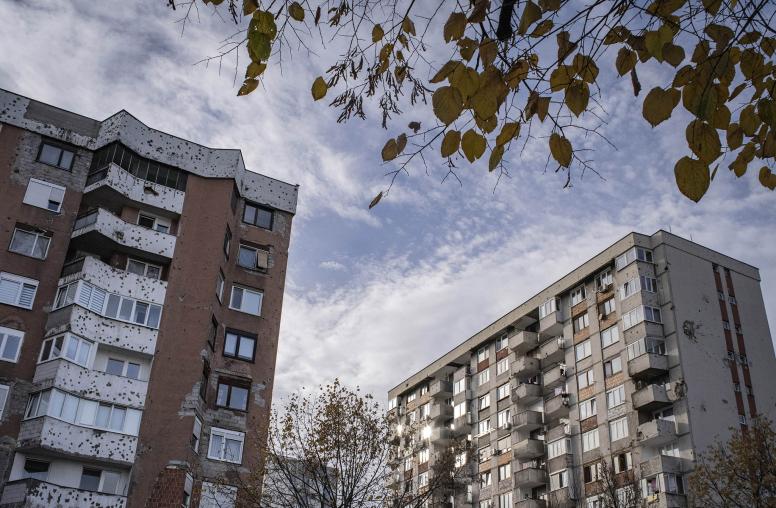Building Bridges in Development: USAID’s Strategic Religious Engagement Policy
Since its founding, USAID has partnered with religious communities and faith-based organizations to advance shared development and humanitarian objectives. USAID’s first-ever religious engagement policy affirms the important role of religious actors as strategic development partners and provides the USAID workforce with a framework for engaging religious communities and faith-based organizations in every sector and region where USAID has a presence.
On September 12, USIP and USAID launched “Building Bridges in Development: USAID’s Strategic Religious Engagement Policy.” USAID Administrator Samantha Power and other leaders across the U.S. government discussed the new policy and its impact on development, diplomacy and peacebuilding moving forward.
Speakers
Lise Grande, opening remarks
President & CEO, U.S. Institute of Peace
Samantha Power
Administrator, USAID
Adam Phillips
Executive Director; Local, Faith, and Transformative Partnerships Hub, USAID
Alexandra Rice
Policy Analyst, Center for Faith-based and Neighborhood Partnerships, USAID
Jay Singh
Country Representative and Mission Director, Jamaica, USAID
Melissa Rogers
Executive Director, White House Office of Faith-Based and Neighborhood Partnerships
Rashad Hussain
Ambassador-at-Large for International Religious Freedom, U.S. Department of State
Palwasha Kakar
Interim Director, Religion & Inclusive Societies, USIP



